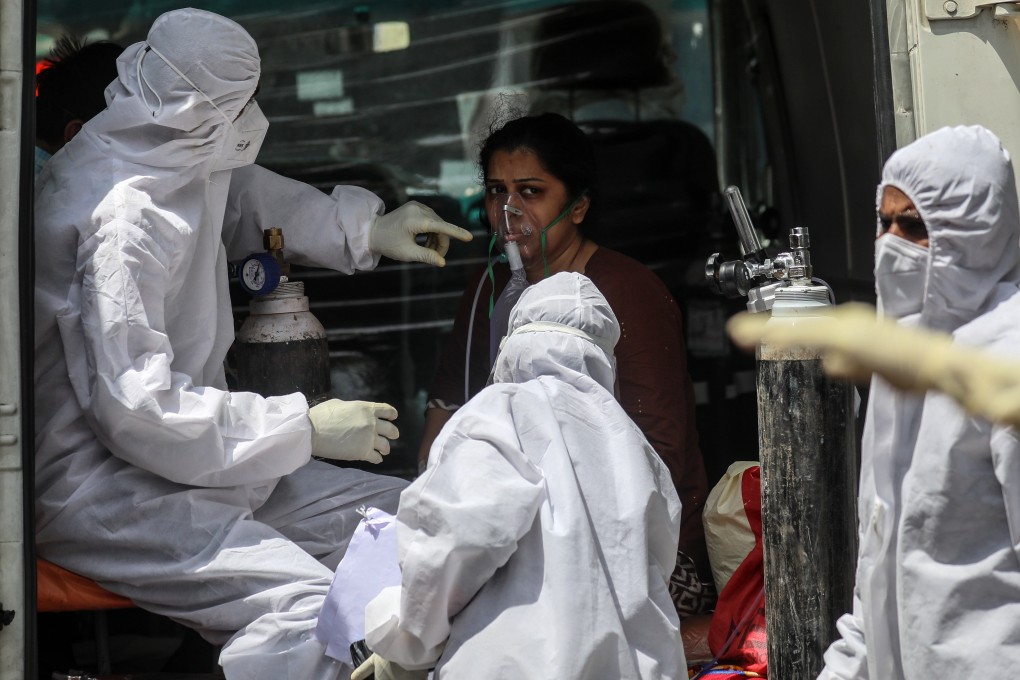My Take | Why we must stop naming diseases and their variants after countries
- Global public health bodies such as the WHO have forcefully argued against such practices when it comes to new viruses; unfortunately they have been less explicit about geographical associations with their variants

“What’s in a name?”, naive Juliet asks. “That which we call a rose by any other name would smell as sweet.” Well, we all know some names can cause a lot of grief, as Juliet would find out, and as we all know from “the Wuhan flu”.
That’s why since 2015, the World Health Organization has been urging global researchers not to name new viruses and diseases after nations, regions or people. They should be politically neutral but scientifically informative.
All those “politically incorrect” identifiers have been used in mainstream news outlets around the world, including this newspaper. WHO guidelines are pretty clear about not naming new diseases after countries or localities, but have been less explicit about their variants.
The 2015 World Health Organization Best Practices for the Naming of New Human Infectious Diseases states that disease names may NOT include:
-
Geographic locations in terms of cities, countries, regions, continents such as Middle East Respiratory Syndrome (Mers), Spanish flu, Rift Valley fever, Lyme disease, Crimean Congo haemorrhagic fever and Japanese encephalitis
-
People’s names such as Creutzfeldt-Jakob disease, Chagas disease

